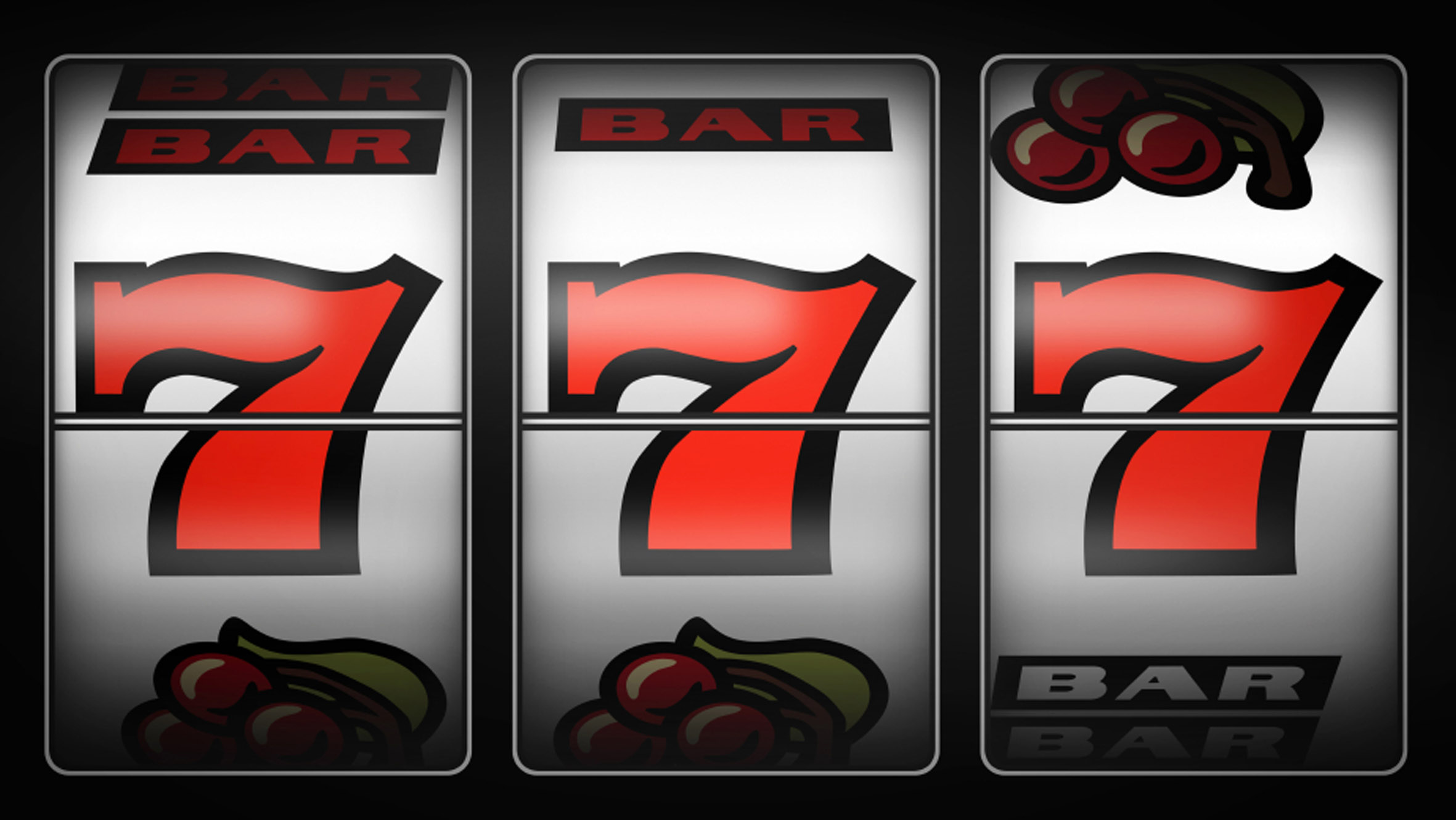Imagine walking into a casino – with
the usual poor lighting and hypnotic sounds of other people winning –
and as you're walking through you see person after person hitting
their jackpot, some small, some large. Their machines blink and sing
and drop shiny coins. People smile.
You put a couple coins into a nearby
machine and play a few spins, but nothing quite plays out and your
return is minimal at best.
Not quite discouraged, you move to a
different machine (maybe one with a different strategy) and try a few
spins. Once again, the payoff is almost nothing.
Down to your last few coins, you try a
third machine, one that somehow sticks out now that you're down to
your last chance.
You put in your last coins and pull the
lever. The spinners whirl around, their symbols a blur of colors.
Suddenly, the first one clicks in “Lucky 7.” Then the next, Lucky
7 again. And again.
One by one the little cylinders stop on
the Lucky 7, all across the line.
Jackpot.
…...Jackpot!
…...Jackpot??
The machine remains silent. No
celebratory revelry. No lights. No payout.
You stand there in shock.
Then, Kubler Ross sets in: Denial (this
is not happening!), Anger (WHAT THE ACTUAL GODDAMN FUCK!!),
Bargaining (“Can someone get over here and fix this?”),
Depression (“I'll never be lucky again!”), Acceptance (“Maybe
casinos aren't for me.”) and in some cases, Resolution (Burn down
the casino.)
 |
| There are no factories in Eden. |
For children of the suburbs, this
metaphor rings deep and true.
Here are the reasons why:
Suburban children have strong social
incentives as most of the suburban world is comprised of social
interaction. This is because everything is already built in the burbs
– there's no community barnraising, so to speak.
By design, the means of production are
squirreled away nearer the poorer communities, who's members survive
on utilitarian skills: recreational drug production, vehicle
maintenance, and sex. The result is a disconnect: those raised in the
suburbs may have magical ideas about how the world they live in is
actually put together/functions, and may reasonably assume its a
result of “who you know” rather than what you've produced
for who you know. That's “The Secret” as understood by
electrical contractor Benjamin Franklin.
Ask most suburbanites about their life
goals and the word “Successful!” crashes forth with all the
energy of “Totally gonna do it!” Their success formula goes like
this: (Right Connections) + (Right Parties) + (Aspirational Sex
Partners) x Positivity = Leisure Income.
They want to walk into that casino, hit
a jackpot on the first machine, then retire to what they've always
aspired to in the first place: pornography producers.
 |
| This is a porn magazine. |
And if by “pornography” your brain
thinks “sex” you should rethink how you've been marketed to
market yourself. Ask anyone what they're going to do with their
success money and there's only one response: “Travel.”
In the Facebook Age, this means selfies
in other countries, a powerful social totem of class aspiration and
imagined income potential. The porn you will produce is for yourself
in that it will feature you as the subject doing things you will only
do once but represent yourself has “having done.”
You will need to read those sentences
ten times to let them sink in.
But what if you miss out on the
jackpots and porn? What then? How does the ego cope with steady
elimination of possible identities?
The Answer: by eliminating the need for
multiple identities in the first place.
How? Learn to build or fix something.
That's all there is to it.
And stay out of the casinos.


